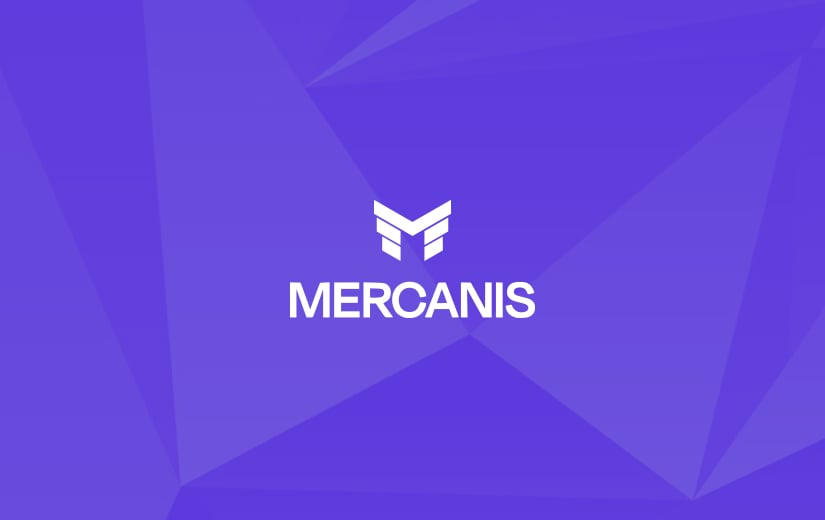What is the opportunity behind the workspace management market?
The rise of hybrid flexible work, largely accelerated by the COVID-19 pandemic, has changed the game of the office. People now need to coordinate their daily work life between office and home, while companies need to adapt and manage their corporate space in the smoothest and most effective way. The workspace management field is on an upswing due to companies recognizing two major benefits offered by this new paradigm.
Firstly, research indicates that hybrid work setups can significantly boost employee satisfaction and even performance (although this part is debated). According to CEBR’s Opinium research report, business leaders noted an average 4% increase in productivity, equivalent to adding €113 billion to the European economy compared to pre-pandemic methods[1]. In Europe, 45% of companies allow remote work for up to three days a week, suggesting potential for further efficiency gains[2].
Furthermore, flexible work leads to substantial savings in real estate costs. Microsoft, which has announced to tackle workspace management with the launch of “Places” in October 2022, estimates that by 2025, organizations will spend $81 billion on workplace technology solutions to optimize the $4.4 trillion corporate real estate market[3]. Offices constitute a significant portion of budgets for medium and large companies, driving them to view hybrid work as an opportunity to cut real estate expenses.
As such, hybrid work has shifted from being a crisis response to a strategic approach for long-term resilience. Gartner underscores that for knowledge workers today, this is not just an additional perk but an expected norm. Regulations are evolving too, as working from home gains legal recognition: for instance, the Netherlands became one of the first countries to codify the right to remote work into law[4].
Overall, we estimate the Total Addressable Market (TAM) to be at least at $3 Billion for mid and large market enterprises and more importantly, to grow by at least 18%[5] a year. While there are a few modern solutions rising, the market is still dominated by traditional, incumbent solutions, over which Deskbird has several competitive advantages that we detail in the next paragraph.
Why are we excited about investing in Deskbird?
With a strong presence in the DACH region, Deskbird is clearly well-positioned to take a leadership position in Europe thanks to its intuitive, powerful, and collaborative product focused on people, driven by an ambitious and experienced team.
First and foremost, feedback from the numerous customer calls consistently highlights the user-friendliness of the interface. We believe Deskbird has the best-in-class UX, with quick and flawless adoption and utilization, very often making it the preferred solution over competitors and leading to a high Net Retention Rate. This is notably due to their approach of building a workspace platform focused on people, not on buildings, with the long-term vision of becoming the source of truth for workspace inventory and utilization data. As such, the smooth use of the solution, which offers a B2C-like UX, aims at building a real ‘social media’ app to best inform employees on when it is worth coming to the office, if it is a good day to socialize, etc. This innovative approach deviates from traditional solutions, less agile in adapting to post-COVID expectations.
The hybrid revolution has indeed brought new customer needs. While the market is still dominated by incumbent solutions, the opportunity is mostly greenfield, as most companies are introducing a workspace management solution for the first time. Besides, incumbents suffer from legacy IT and organization making them slow in adapting to the new reality. This provides a unique opportunity for Deskbird to capitalize on their execution speed to rapidly develop new product features such as a quick and easy integration with classic office tools (Microsoft Teams, Slack, Outlook, Google Calendar, HRIS, and more), desk booking features or office management & analytics.
Their feedback culture and constant focus on product improvements has allowed them to reach a strong traction and astonishing growth, faster than any other European players even though their commercialization is less than 2 years old.
As such, their strong focus users (employees), with a superior UX and high agility constitute Deskbird’s ‘secret sauce’. However, this would not be possible without a strong team with excellent execution capabilities. Co-founders Ivan Cossu (CEO) and Jonas Hess (CPO), who worked together during their time at BCG, have managed to build a team of 70 people sharing a strong culture and a sense of commitment, with talents from prominent tech companies like Asana, Flink, or Amazon. We firmly believe that their boldness, dedication, and charism will allow them to achieve their goals and build an outstanding company.
With AVP as a significant shareholder, Deskbird will benefit from privileged access to AXA entities in Europe and from AVP Partners’ unique reach with enterprise companies.
Overall, investing in Deskbird presents an excellent investment opportunity thanks to its first-class product and UX, in a substantial and trendy market, driven by a skilled and ambitious team. We are thrilled to partner with Deskbird and join forces with co-lead investor ALSTIN Capital. We are very much looking forward to participating in the development of hybrid work and making the office a better place for the years to come.
[1] https://www.ricoh-europe.com/news-events/news/businesses-overlook-eur113-billion-hybrid-work-boost-to-economy/#:~:text=Business%20leaders%20say%20that%20workers,pre%2Dpandemic%20ways%20of%20working.
[2] https://www.mckinsey.com/featured-insights/future-of-work/whats-next-for-remote-work-an-analysis-of-2000-tasks-800-jobs-and-nine-countries
[3] https://techcrunch.com/2022/10/12/with-places-microsoft-aims-to-help-companies-better-manage-hybrid-work-setups/
[4] https://www.wsj.com/articles/netherlands-poised-to-make-work-from-home-a-legal-right-11657206737
[5] https://www.linkedin.com/pulse/hybrid-workplace-market-predicted-garner-usd-211-billion-cagr/






